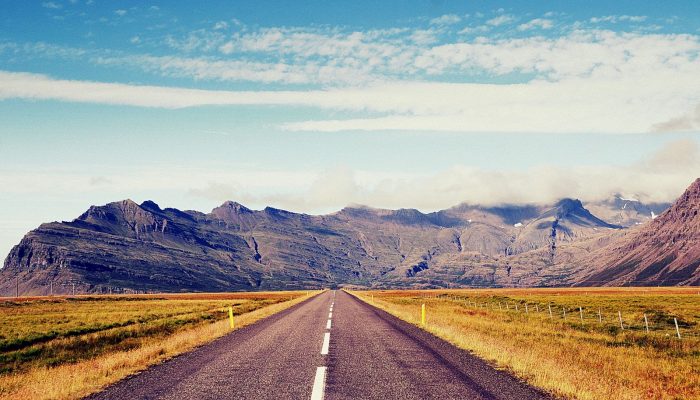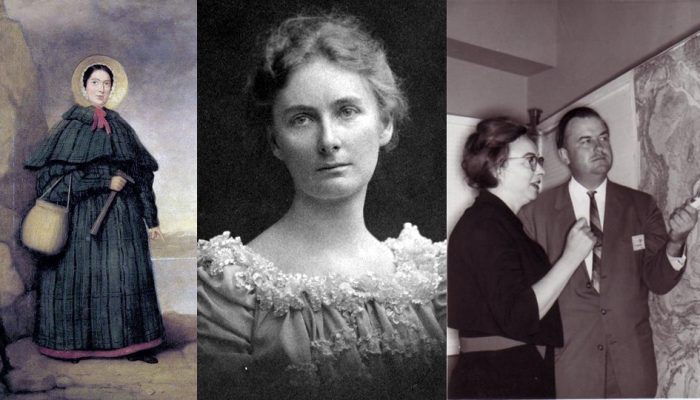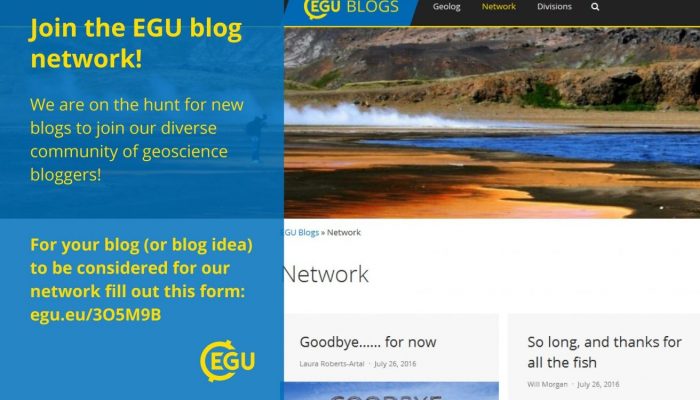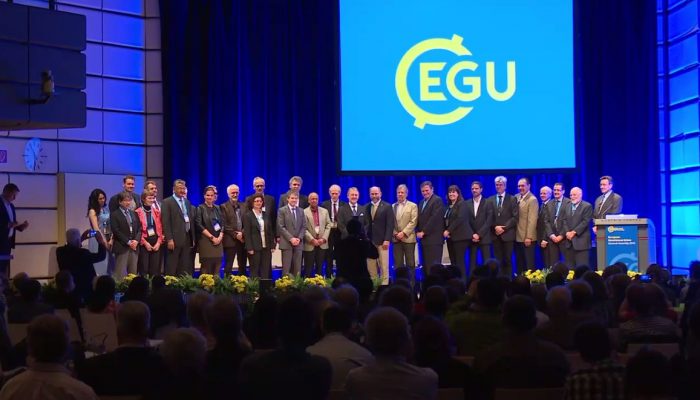‘What do you want to be when you grow up?’ From a tender age, we are regularly asked that question, with answers ranging from the downright hilarious through to those kids who’ve got it all figured out. As we grow older the question of what career we want to pursue carries more weight and the outcome of our choices is scrutinised closely. In today’s GeoEd column, Rhian Meara (a geography and geo ...[Read More]
GeoEd: Career pathways and expectations in the geosciences – straight lines, wiggles and all out chaos.




